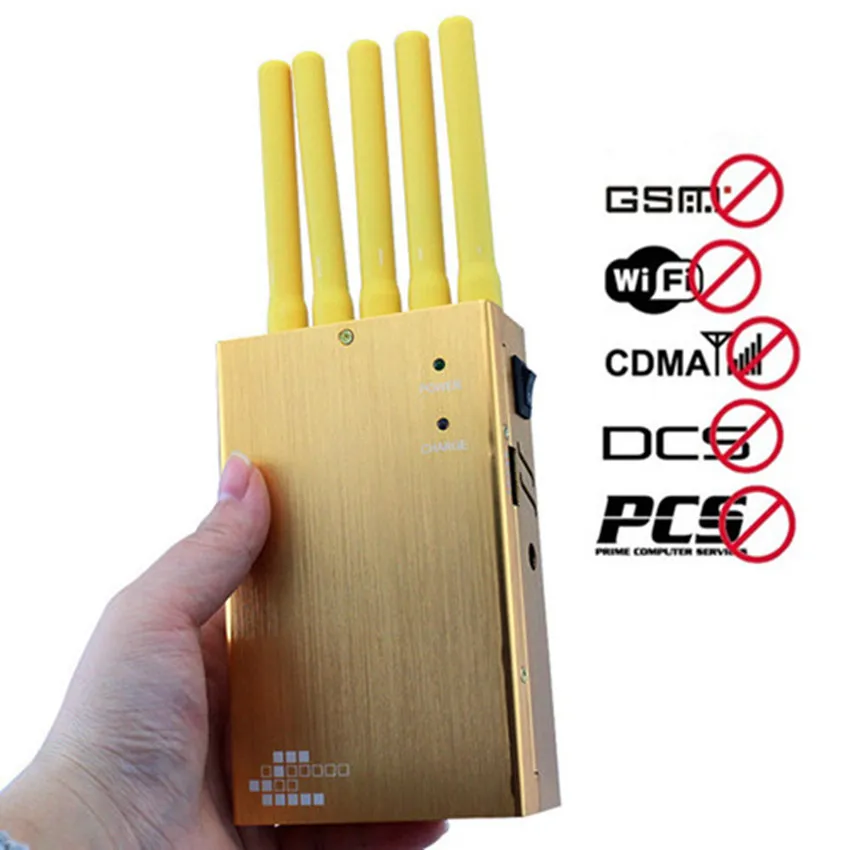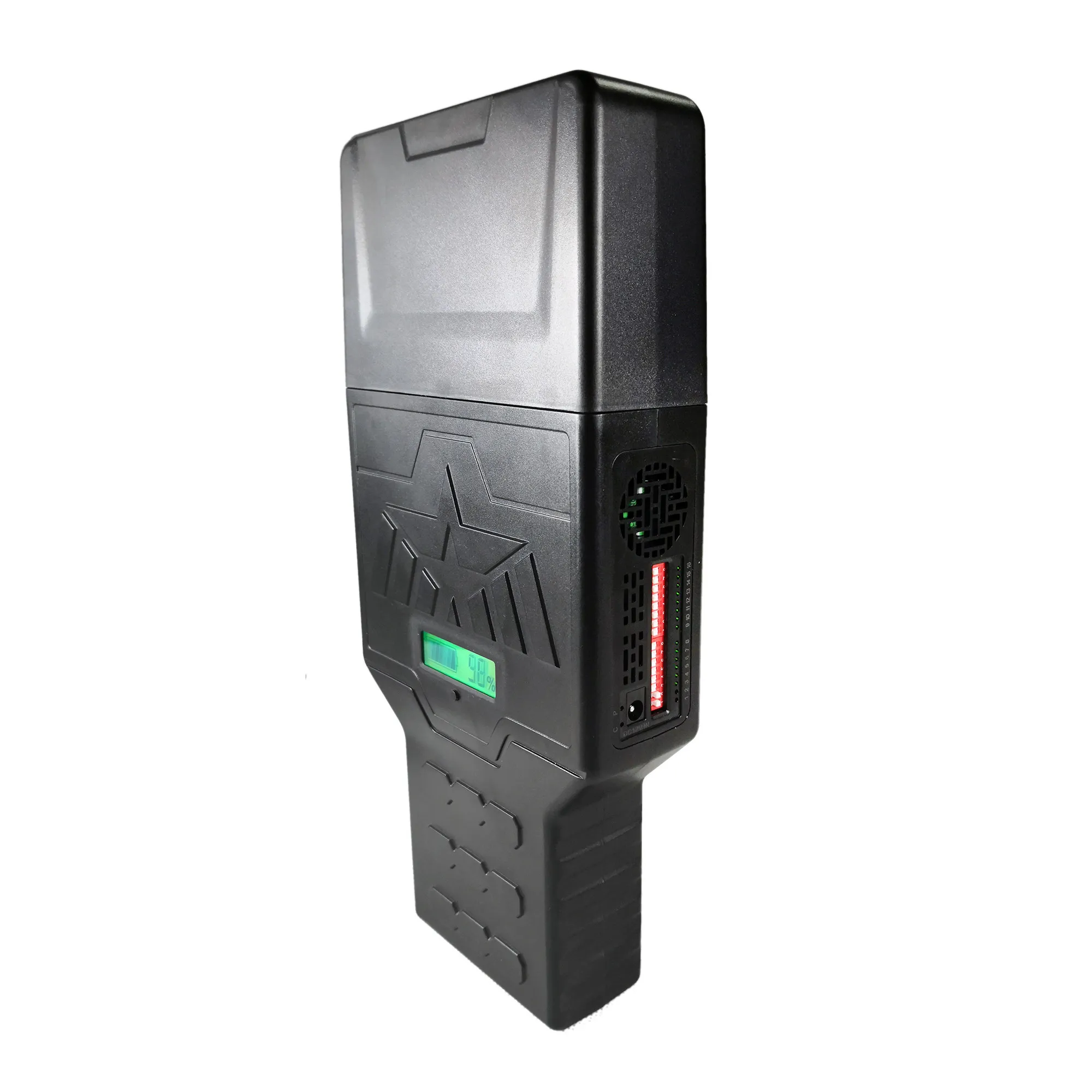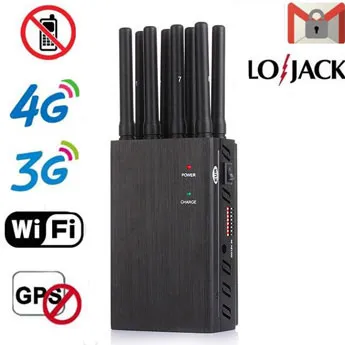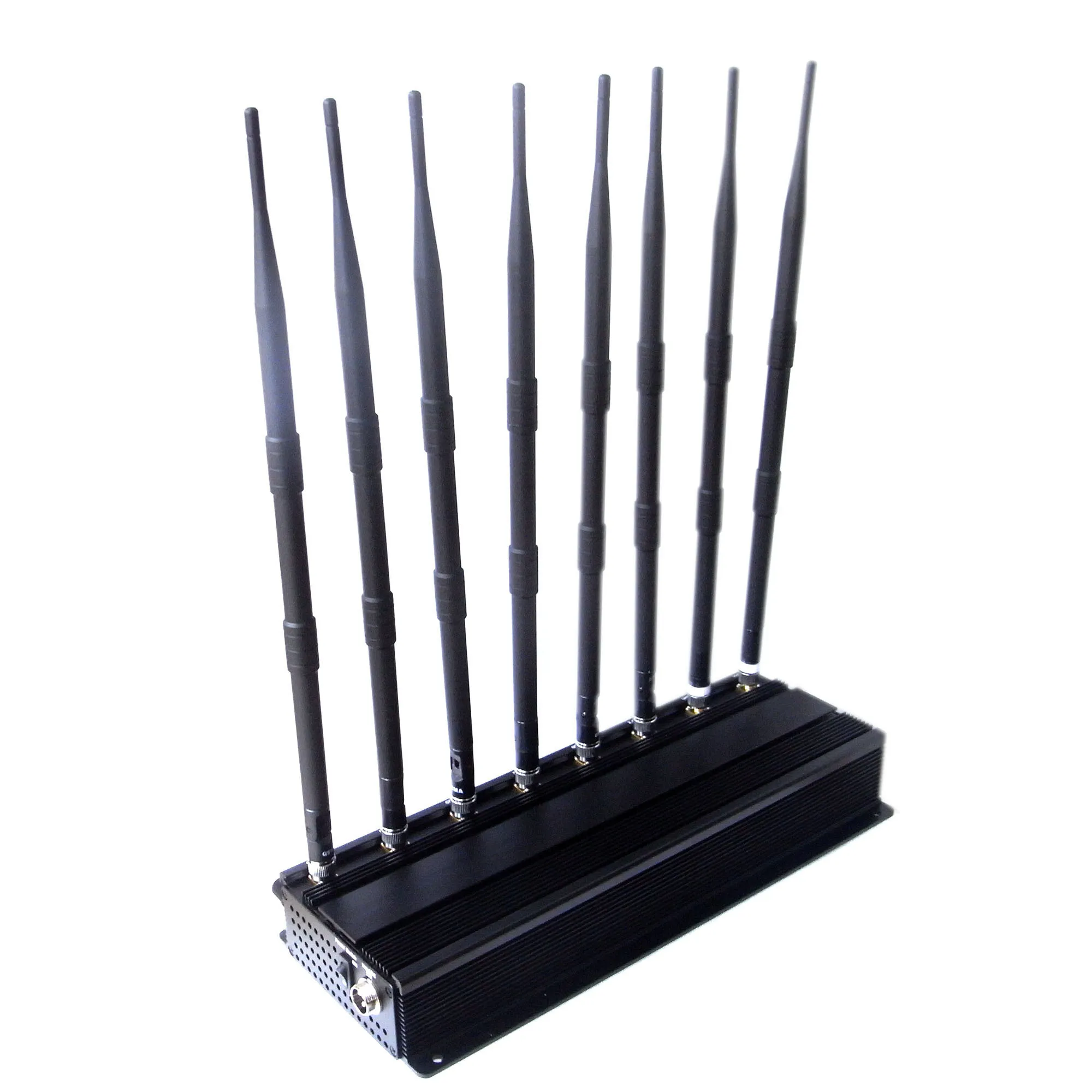
A cell phone jammer is a device that prevents reception between a cell phone tower and a cell phone. These devices were developed specifically for military and law enforcement agencies, and were originally created to respond to threats such as mobile phone-triggered explosives and hostage situations.
Blocking only one caller at a time is annoying and time-consuming. However, with a cell phone jammer, you can block all incoming calls at the same time. For many people, this may seem a complicated process, but it is very simple. Mobile phone jammers transmit signals at a frequency similar to that of mobile phones. The jammer will then broadcast this signal to the world. If it succeeds, the phone will no longer receive signals at a specific location.
People choose jammers for several reasons. For example, business owners may block signals from employees to avoid distraction or interruption of work during important meetings. In addition, the jammer will prevent the phone from sending outgoing messages. People can use cell phone jammers to prevent the leakage of sensitive information. It has also been successfully used to block signals to prevent terrorist attacks. Another reason someone likes to use jammers is that they send out "out of service" messages instead of "turn off the phone" messages. This will make the caller unable to access the owner of the phone.
Japan allows Utilite cell phone jammer signal jammers to be installed in public places such as theaters and concert halls, provided they obtain government permission. Last week, the French Minister of Industry approved the decision to allow screening of cinemas, concert halls and theaters, but only if emergency calls are still arranged. Canada has considered allowing blockades under similar circumstances. However, Industry Canada, which regulates Canadian telecommunications, decided not to do so, saying that these devices could disrupt personal freedom and disrupt communications with law enforcement and security agencies, thereby undermining public safety.











